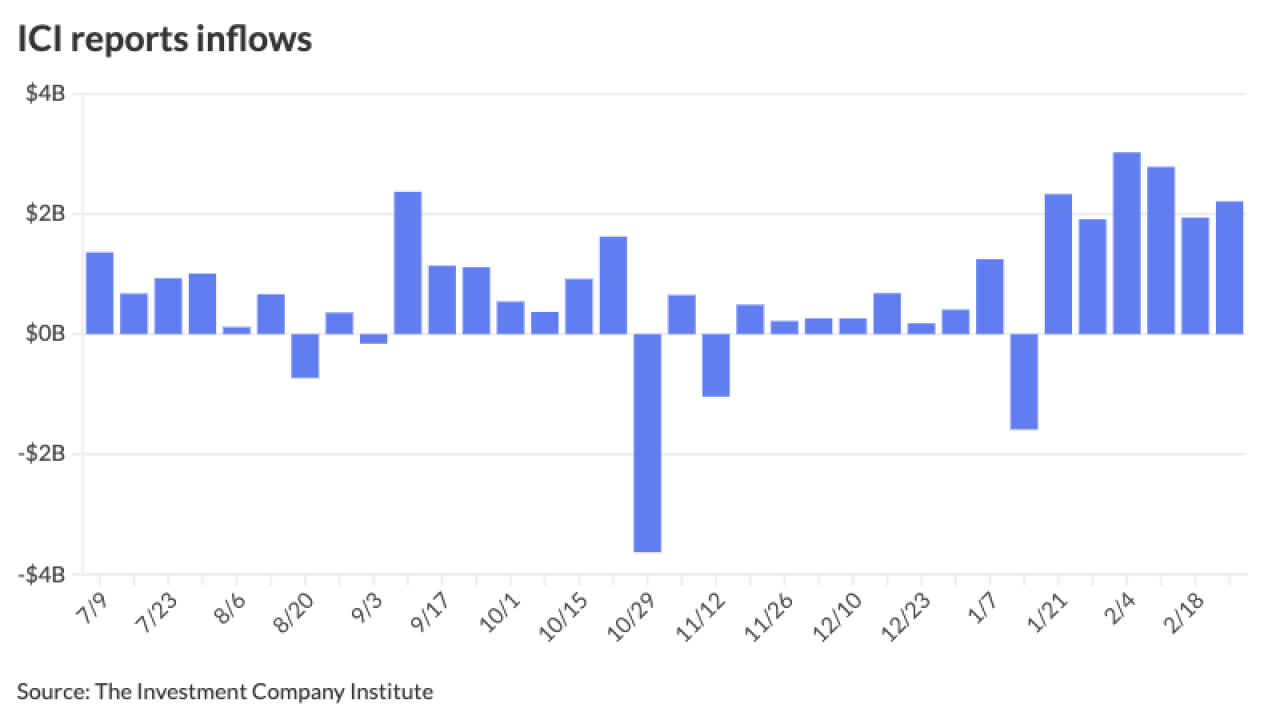RBC Capital Markets analysts are forecasting slow economic improvement for the coming year.
“We remain hopeful that the improved state economic environment … will soon begin to generate sustainable improvement in state fiscal health,” wrote RBC associate Joshua Acheatel and head of U.S. municipal research strategy Chris Mauro.
In a conference call on Thursday, RBC chief U.S. economist Tom Porcelli said that this year the U.S. gross domestic product will grow by a modest 2%. The unemployment rate should fall to about 8.2% at the end of the year from the current 8.3% level, he said.
The skills that the unemployed have are not always matching up with the skills that businesses are seeking, Porcelli said. Despite the high unemployment rate, many small businesses are having a hard time finding qualified applicants.
These same small businesses are complaining about a lack of sales, according to Porcelli.
Because of the lack of sales and the difficulty of finding the right workers for openings, one can expect only moderate employment growth in the near future, he said. The economy will probably only generate about 200,000 jobs per month this year, Porcelli added.
There was a slowdown in the growth of state revenue in the fourth quarter, Mauro said. This was probably due to the continued impact of high unemployment and low income growth.
In recent months the rate of earnings growth for new hires has been good, Porcelli said. This is good news for improved earnings and getting the U.S. economy rolling again.
On another government revenue topic, Porcelli said “less bad is good” is how one should think of the housing sector. While housing has been a drag on the economy for the past few years, in the near future it should be neutral. This year house prices should be stable, he said.
Property values are a key factor for revenues at the local level. As long as they are low they will continue to pressure local government budgets, Mauro said.
Expected shifts in federal fiscal policy in 2013 will be a drag on the U.S. economy, Porcelli said. The shifts will occur regardless of who wins the White House and which party controls either or both chambers of Congress, he added.
It’s unclear how the economy will be in 2013, according to Porcelli.
Mauro said he and Porcelli believed that tax reform would be part of any deficit-reduction plan that is ultimately adopted in Washington. The tax-exempt status of municipal bond interest “will be on the table,” Mauro said. However, it is not clear how it will all work out.
As part of deficit reduction there will be entitlement reform, Mauro said. “Entitlement reform” is a euphemism for pushing responsibilities down to the states, he said, noting that this is a potential problem for states and their budgets.





